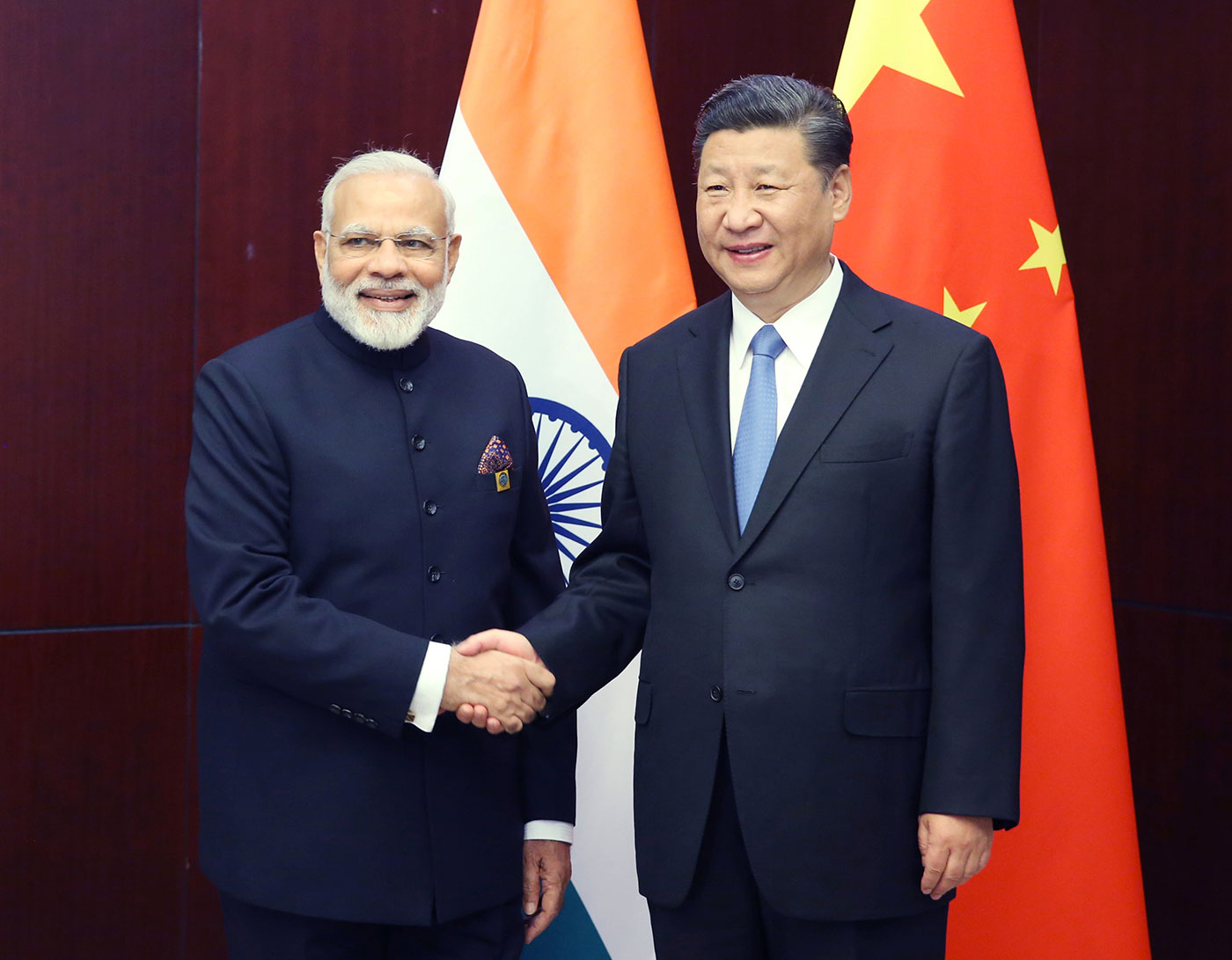Standing on the Himalayan crest with well-developed infrastructure, China is in a militarily advantageous position along much of the border with India. The tri-border overlooking the Chinese-held Chumbi valley is one of the few areas where India still holds a distinct advantage, with Chinese forces within Indian observation cum artillery range. If China were to capture Bhutan’s high-altitude Doklam plateau, it would not only mitigate that vulnerability but also hold a knife to India’s jugular vein – the Siliguri Corridor, through which Bhutan’s communications and transportation arteries also pass.
While existential stakes drove India to halt China’s construction of a strategic highway through Doklam, Beijing made a serious strategic miscalculation by intruding there: It anticipated Bhutan’s diplomatic protest but not India’s swift, stealthy military intervention. The Indian army had long geared up to respond to such a contingency.
 No Indian government can countenance the construction of a road through Doklam that allows China to bring main battle tanks to the tri-border and implement, in the event of a war, its military plan to decapitate India. In such a corridor-bisecting scenario, while China gobbles up Arunachal Pradesh, the other northeast Indian states, as a Chinese state mouthpiece warned recently, could become “independent”.
No Indian government can countenance the construction of a road through Doklam that allows China to bring main battle tanks to the tri-border and implement, in the event of a war, its military plan to decapitate India. In such a corridor-bisecting scenario, while China gobbles up Arunachal Pradesh, the other northeast Indian states, as a Chinese state mouthpiece warned recently, could become “independent”.
Today, thanks to its miscalculation, China finds itself in an unenviable position: It must extricate itself from a militarily wretched situation in Doklam, where its intruding soldiers are caught in a pincer movement. If China were to initiate hostilities at the tri-border, it will likely be left, as in 1967, with a bloodied nose, given the Indian army’s terrain and tactical advantages.
Politically Beijing has boxed itself in a corner, with its intense psychological warfare (“psywar”) and disinformation operations failing to yield continuing gains, after the success in initially dominating the narrative. If anything, its psychological operations (“psy-ops”) and manipulation of legal arguments (“lawfare”), as by selectively quoting an 1890 colonial-era accord, offer India important lessons. It is standard Chinese strategy to play the victim in any conflict or dispute, as China brazenly did even in 1962.
Mounting frustration has sharpened Beijing’s war rhetoric. To compound matters, the standoff is imposing reputational costs on a power that supposedly brooks no challenge and is ever willing to wreak punishment. India, in the face of vitriolic warmongering, has defiantly stood up to China and refused to budge. By calling the bully’s bluff, India has set an example for other Asian states to emulate.
 Beijing’s story that Indian troops “trespassed” into Chinese territory was designed to disguise its intrusion into tiny Bhutan. But this tale, along with President Xi Jinping’s vow not to permit the loss of “any piece” of Chinese land, deepens China’s discomfiture by undermining the image it has sought to project at home and abroad – Asia’s pre-eminent power that no neighbour will mess with.
Beijing’s story that Indian troops “trespassed” into Chinese territory was designed to disguise its intrusion into tiny Bhutan. But this tale, along with President Xi Jinping’s vow not to permit the loss of “any piece” of Chinese land, deepens China’s discomfiture by undermining the image it has sought to project at home and abroad – Asia’s pre-eminent power that no neighbour will mess with.
In sum China, if it is to save face, needs India’s help to extricate itself from a mess of its own making. Beijing’s coarse statements and threats, while integral to its psywar, are also part of a negotiating ploy to secure a compromise on largely its terms.
There is no reason, however, why India should let China off the hook easily. With Xi looking ahead to this autumn’s Communist Party congress to cement his status as China’s most powerful leader since Mao Zedong, India should play psychological hardball because Chinese incursions have become increasingly recurrent.
India should allow the Doklam military stalemate to drag on until the arrival of the harsh winter forces the rival troops to retreat, thus restoring the status quo ante, including frustrating China’s road-building plan. If an earlier negotiated mutual retreat from Doklam becomes possible, it should be based on an unequivocal assurance that China henceforth will refrain from unilaterally disturbing the territorial status quo anywhere in the Himalayan borderlands.
Implicitly, if not explicitly, China must come out a significant loser in order to help rein in its creeping, covert encroachments. There should be no more Depsangs, Chumars and Doklams or the quiet chipping away at Indian and Bhutanese lands.
 Courtesy: Times of India
Courtesy: Times of India



